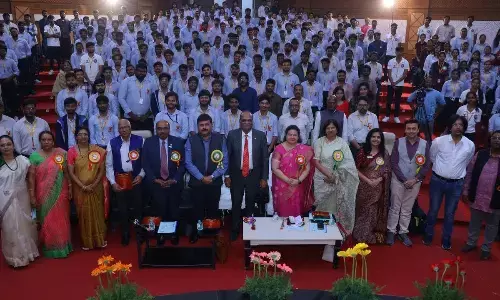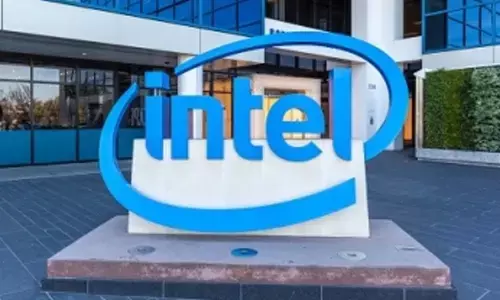How to invest is the next big thing

How to invest is the next big thing
Thematic investing helps in participating in transformations that are underway
I've been repetitively utilising this space to reiterate that investing requires loads of discipline and immense patience to succeed, thus often characterising the entire investment process to be boring. Of course, I've argued that while sticking to the traditional form of investing, one could also be imaginative in exploring newer options and that could be categorised into a satellite portfolio where one could turn into more opportunistic and adventuristic at times. While that borders on trading than investing, particularly if the asset concerned is equities, it could also become their petri dish to try out emerging businesses that could at a later point migrate to the core portfolio.
The world is changing at a faster pace and last year's pandemic only quickened that transformation. The convergence of technologies was discussed over two decades earlier when ICE (information, communication, entertainment) ruled the roost in the peak of dot-com boom. Convergence probably has never been more relevant than now and also is turning viable. Though, many of the emerging technologies have not yet become mainstream and are still at the fringes, the quantum of possibilities is unlimited. The new vision is evident when viewed through the eyes of those shaping it.
If computing revolutionised the way we work in the 80's, smart phones transformed the way we led our lives and those who had invested in these technologies reaped benefits. India skipped the manufacturing to become a service-dominant economy in the '90s while it also hopped out the traditional migration of users in banking from physical to cards by piggy riding the digital changes.
It's not just investors or users but businesses, which adapt to these alterations by adopting technologies, have triumphed. While many of the essential activities remained the same, the way technology enables higher productivities and efficiencies is what needs to be observed. And investors who identified such companies to participate in their journey have benefited exponentially. That's why one shouldn't view any technology in a stand-alone way but in tandem with the other peripheral technologies. Hence, convergence is critical.
For instance, when Microsoft launched Tablet PC at the beginning of this millennia, it was still bulky, heavy and also had to live with the legacy infrastructure at that time. Internet was still at nascent stage, Wi-Fi technology hasn't evolved and had to carry the PC architecture (CD ROM etc). But, by the time Apple introduced about a decade later, it needn't bother about such things and didn't require the legacy architecture as much of the enablers have evolved. We know how it created a new product category and its success is history.
Similarly, the current evolving technologies of quantum computing, biological engineering, 5th Generation (5G) mobile network (about 20 times faster than 4G LTE) to experience a higher mode of communication, artificial intelligence and machine learning capabilities across multiple fields (from pattern recognition to autonomous vehicles), 3D printing of materials, home to even organs, electric and mobility by reduced use of fossil fuels to protect and enhance the perishing environment and space exploration (reusable rockets, low-earth orbit satellites) to put human settlements beyond the Earth.
The current bull market in equities and especially among the technology-based stocks is based on this rationale. These changes are not going to happen in a day, month or even a year but over a multi-year compounding of smaller advancements and adaptations.
For instance, fintech (technology-enabled finance) has helped reach the traditional banking services (lending, deposits etc) in a larger way and hence created their imprint on the societal impact they have along with the digital payments. Also, they've complimented the e-commerce industry specifically during the pandemic to ensure our lives remained near to the normal along with the logistics providers have received attention from the investors. Then there's, of course, the advent of blockchain technology and cryptos, which are gaining further acceptance among the speculators and investors alike.
While sticking to the secondary market investing, one needs to explore new perspectives from these aspects to recognise companies which are involved in such activities. Thematic investing helps in participating in these transformations that are underway which enrich customer interactions and service experience that could become the next big thing.
(The author is a co-founder
of "Wealocity", a wealth
management firm and could be reached at [email protected])











